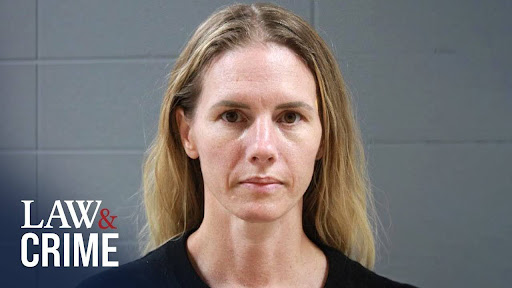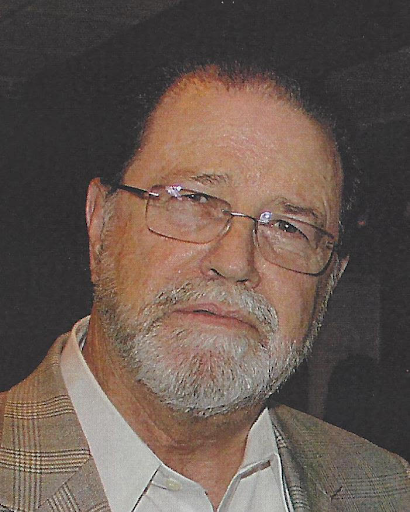A Gallup poll conducted in early 2014 found that the percentage of Americans that believed either political party was doing a sufficient job in running the government went down from 56 to 35 percent. The other statistic in this survey analyzed the proportion of citizens who believed that a third party should be more prominent in the political process. Of that, 60 percent agreed that a third party was necessary.
With wide-ranging support for an upheaval of the two-party system, a system in which most of the modern democracies have abandoned, why is it that we are stuck in a cycle of discontent and the old adage of voting for the “devil you know?”
It all circles back to the system upon which we have become accustomed to: a two-party system perpetuated by first past the post voting. First past the post voting is a winner-takes-all system where if 49 percent are the dissenting opinion, then that 49 percent will not be represented in the process.
For a country founded on the principle of equal representation, this idea is quite contrary to our ideals. Proportional representation hasn’t emerged yet, despite most of the modern world adapting to it, and the alternative vote hasn’t found popularity. An independent candidate can only hope to garner a handful of electoral votes, if that, when running for the White House.
Inherent minorities, racially and politically, are misrepresented in this broken system, which disheartens the citizenry. This leads to low political efficacy, then leading to low voter turnouts, a continuous pattern in the system. Corporations and PAC’s invest money in candidates that will represent their desires, so why bother reaching out to a candidate that will not see it into the system? The voices of the few are, unfortunately, being squashed by the majority. Why shake things up when no disseminating voice can reasonably be heard?
In 1989, an incredibly insightful and forward-thinking politician who became the only independent member of a 535-member house at the time he was elected and stated “the two-party system in this country dominated by big money is not delivering which is why people are giving up on the political process, why they are not voting and why there is a great anger with the political system as it now exists.”
This politician is Bernie Sanders, currently running under the Democratic ticket. A proclaimed “democratic socialist” saw the obstacles initiated by the Federal Election Committee and found no other way of fixing government than by joining in on the process, which he has stated in the past is a failure. In that same interview, Sanders conveyed that if you just go out and talk “common sense” to the people, they would vote for you. For third party candidates such as Jill Stein of the Green Party and Gary Johnson of the Libertarian Party, it’s going to take an upheaval of process and mindset before those words ring true.
















